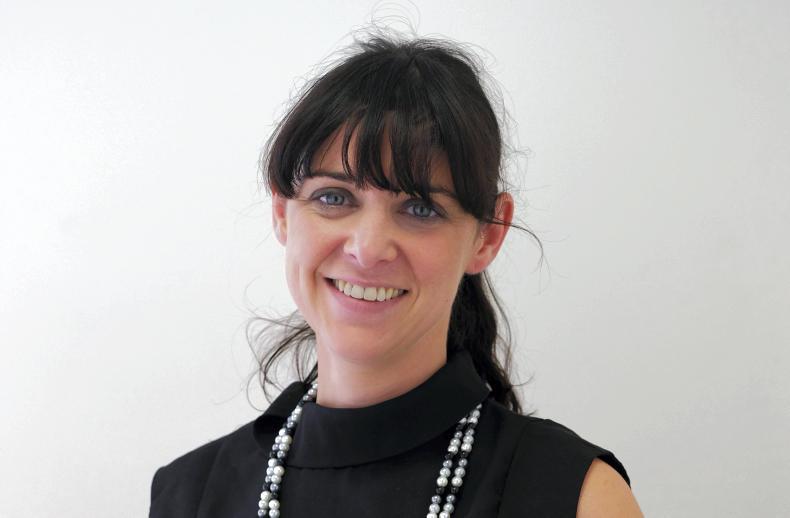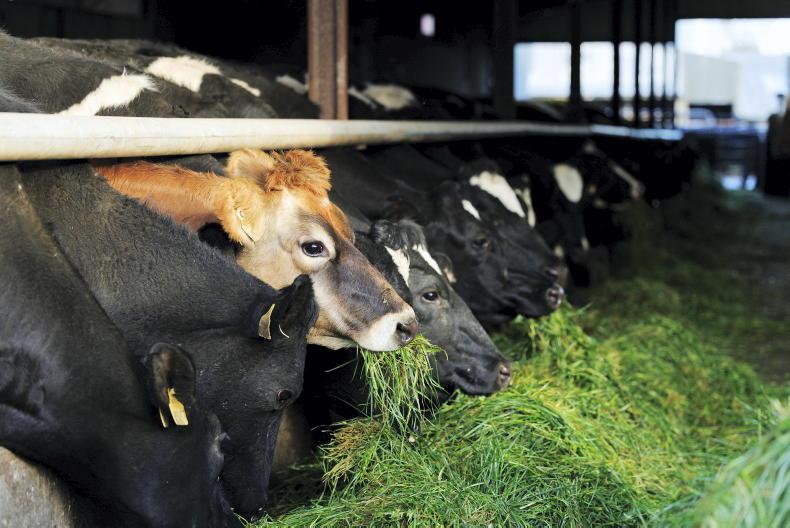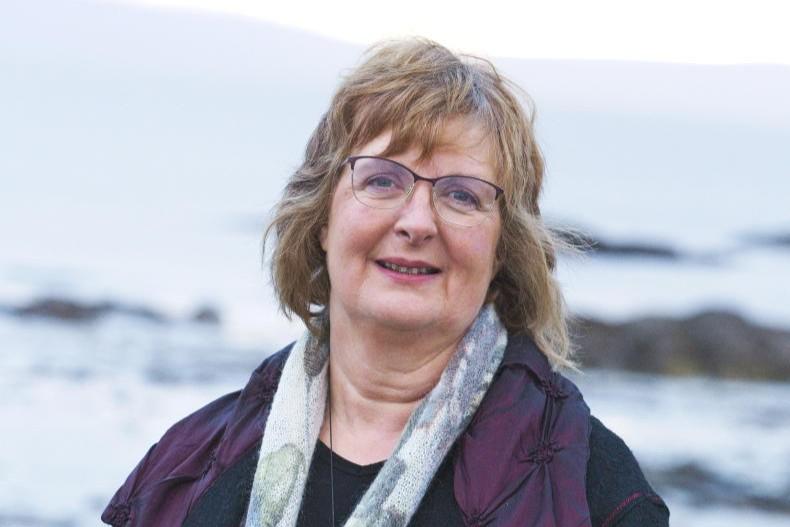Avoiding dangerous levels of climate change is still possible, but will require massive effort and coordination.” So opens the introduction to the An Taisce Climate Action Teacher Resource published under the Green Schools initiative. The initiative is positive in many ways. People need to be informed and need to start taking action. Farmers were badly impacted by the dramatic weather events of 2018. Events described by the now-retired Met Éireann forecaster Gerald Fleming as the “fingerprint of climate change” becoming more evident.
Climate change however is multifactorial and there is no silver bullet. The issue in the document that has caused consternation amongst the farming community is the goal: “To reduce the volume of meat and dairy consumed in school”; the pledge: “My #climatepledge is to eat less meat and dairy”; and the action to replace meat and dairy with “simple healthy alternatives”. The Taoiseach Leo Varadkar, when questioned on the appropriateness of this on RTÉ’s Countrywide AgriAware special, said: “There is a place for meat and dairy in the diet, but in moderation.”
The Taoiseach also said that information needs to be fact-based. In my opinion, the document is offering some of the information, but leaves the door open for misinterpretation
But let’s take all the politics out of the conversation. The majority of parents want to provide the best diet for their children. Recommendations are for an inclusion of meat and dairy and, like with most things, moderation is advised. Children are highly susceptible to fads and highly influenced by teachers and their peers. The issue here is that the underlying message in the document is “meat and dairy are bad for the environment and bad for your health”. The Taoiseach also said that information needs to be fact-based. In my opinion, the document is offering some of the information, but leaves the door open for misinterpretation. AgriAware runs several schools programmes, including Dig In and the Incredible Edibles at primary level and the Farm Walk and Talk series for secondary level. Schools programmes have a lasting impact, as children are like sponges in their absorption of information, and it is important these programmes continue to put the positive messages across.
Apart from Irish farming being painted in a negative light on climate, there is a seeping negative tone towards agriculture in general in this country, case in point – the vegan billboards. Sometimes it can be underestimated how this negativity can impact on people’s mental health. On Friday night’s Late Late Show, Cork dairy farmer Harold Kingston spoke about his burnout which came as the pressures of the 2018 weather became too much for him. This week in Irish Country Living, Jude McCann speaks about how farmers can look after their own ‘top paddock’ – their heads. The message from Jude and Harold is clear, speak to someone! Despite the Irish gift of the gab, when it comes to mental health this gift can often be forgotten.
I wasn’t coming, I didn’t want to admit things were not going well, but I came and I feel better speaking to people as everyone is in the same boat
I often find myself involved in the organisation of events, and last year with the pressures of the weather, it was harder to attract people out in the evenings. At one particular event, post-snow and pre-drought, one farmer said to me: “I wasn’t coming, I didn’t want to admit things were not going well, but I came and I feel better speaking to people as everyone is in the same boat.” I notice this sentiment time and again. It’s good to talk.
Read more
Can you ever please all of the people all of the time?
‘A little birdie told me that it’s Mother’s Day
Avoiding dangerous levels of climate change is still possible, but will require massive effort and coordination.” So opens the introduction to the An Taisce Climate Action Teacher Resource published under the Green Schools initiative. The initiative is positive in many ways. People need to be informed and need to start taking action. Farmers were badly impacted by the dramatic weather events of 2018. Events described by the now-retired Met Éireann forecaster Gerald Fleming as the “fingerprint of climate change” becoming more evident.
Climate change however is multifactorial and there is no silver bullet. The issue in the document that has caused consternation amongst the farming community is the goal: “To reduce the volume of meat and dairy consumed in school”; the pledge: “My #climatepledge is to eat less meat and dairy”; and the action to replace meat and dairy with “simple healthy alternatives”. The Taoiseach Leo Varadkar, when questioned on the appropriateness of this on RTÉ’s Countrywide AgriAware special, said: “There is a place for meat and dairy in the diet, but in moderation.”
The Taoiseach also said that information needs to be fact-based. In my opinion, the document is offering some of the information, but leaves the door open for misinterpretation
But let’s take all the politics out of the conversation. The majority of parents want to provide the best diet for their children. Recommendations are for an inclusion of meat and dairy and, like with most things, moderation is advised. Children are highly susceptible to fads and highly influenced by teachers and their peers. The issue here is that the underlying message in the document is “meat and dairy are bad for the environment and bad for your health”. The Taoiseach also said that information needs to be fact-based. In my opinion, the document is offering some of the information, but leaves the door open for misinterpretation. AgriAware runs several schools programmes, including Dig In and the Incredible Edibles at primary level and the Farm Walk and Talk series for secondary level. Schools programmes have a lasting impact, as children are like sponges in their absorption of information, and it is important these programmes continue to put the positive messages across.
Apart from Irish farming being painted in a negative light on climate, there is a seeping negative tone towards agriculture in general in this country, case in point – the vegan billboards. Sometimes it can be underestimated how this negativity can impact on people’s mental health. On Friday night’s Late Late Show, Cork dairy farmer Harold Kingston spoke about his burnout which came as the pressures of the 2018 weather became too much for him. This week in Irish Country Living, Jude McCann speaks about how farmers can look after their own ‘top paddock’ – their heads. The message from Jude and Harold is clear, speak to someone! Despite the Irish gift of the gab, when it comes to mental health this gift can often be forgotten.
I wasn’t coming, I didn’t want to admit things were not going well, but I came and I feel better speaking to people as everyone is in the same boat
I often find myself involved in the organisation of events, and last year with the pressures of the weather, it was harder to attract people out in the evenings. At one particular event, post-snow and pre-drought, one farmer said to me: “I wasn’t coming, I didn’t want to admit things were not going well, but I came and I feel better speaking to people as everyone is in the same boat.” I notice this sentiment time and again. It’s good to talk.
Read more
Can you ever please all of the people all of the time?
‘A little birdie told me that it’s Mother’s Day










SHARING OPTIONS